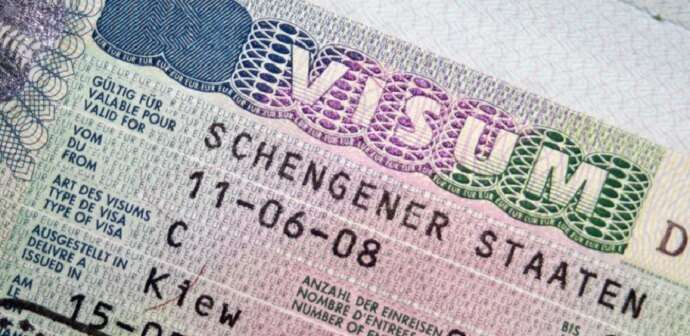Extending a visa in Germany is a crucial step for international students and professionals who wish to continue their studies or employment in the country. In Germany, long-term visas are typically referred to as residence permits, and the type of permit varies based on your specific circumstances, such as educational pursuits or professional engagements. This guide will provide detailed steps to prepare for extending both student and job-related visas, including the Blue Card.
Understanding Residence Permits:
In Germany, the term ‘visa’ often refers to short stays, while ‘residence permit’ is used for long-term stays. The term encompasses various types, including student residence permits and the EU Blue Card for professionals. As your reason for staying evolves, so may the type of residence permit you require.
Student Visa Extension:
1. When to Apply:
Begin the process at least three months before your current residence permit expires to avoid any legal complications that might arise from a lapsed permit.
2. Required Documents:
- Valid passport
- Current residence permit
- Proof of enrollment from your university
- Proof of financial resources (e.g., bank statements, scholarship notifications)
- Health insurance coverage
- Proof of academic progress (if any)
3. Procedure:
- To extend a residence permit for study purposes, you must fill out the application form, which can be downloaded from the Federal Office for Migration and Refugees (BAMF) website.
- Schedule an appointment with the local Foreigners’ Office (Ausländerbehörde) through their website. Ensure all documents are translated into German if necessary.
Professional Visa/Blue Card Extension:
1. When to Apply:
Like the student visa, you should start the Blue Card or work residence permit extension process three months before expiration.
2. Required Documents:
- Valid passport
- Current EU Blue Card or work residence permit
- An employment contract or job offer that meets the salary criteria for Blue Card holders
- Recent salary slips
- Proof of health insurance
- Registration certificate from the local registration office (Anmeldung)
3. Procedure:
- You can download and complete the application form for an extension of a residence permit for employment purposes from the BAMF website.
- Book an appointment at your local Foreigners’ Office. Be prepared to discuss changes in your employment status or any promotions that might influence the extension of your Blue Card.
General Tips for Both Scenarios:
1. Stay Informed: Regulations can change, so it’s crucial to stay updated by visiting official websites like BAMF or the Federal Foreign Office.
2. Maintain Compliance: Ensure that you meet all requirements, such as minimum salary thresholds for the Blue Card, and that your university records reflect good standing for student permits.
3. Prepare for Fees: There are fees associated with extending residence permits. Check the latest fee structure on the BAMF website and ensure you bring the necessary amount to your appointment.
4. Seek Support: If the process seems daunting, consider seeking help from a legal professional specializing in immigration law.
Conclusion:
Preparing to extend your visa in Germany requires careful planning and adherence to specific legal requirements. Whether you’re a student or a professional, understanding these processes and gathering the necessary documentation well in advance will ensure a smoother experience. Remember, the successful extension of your residence permit is crucial for your continued legal stay and success in Germany.
Useful Links:
This blog provides a comprehensive overview of preparing for a visa extension in Germany, covering essential steps, required documentation, and useful tips to navigate the process effectively.






Leave a Reply